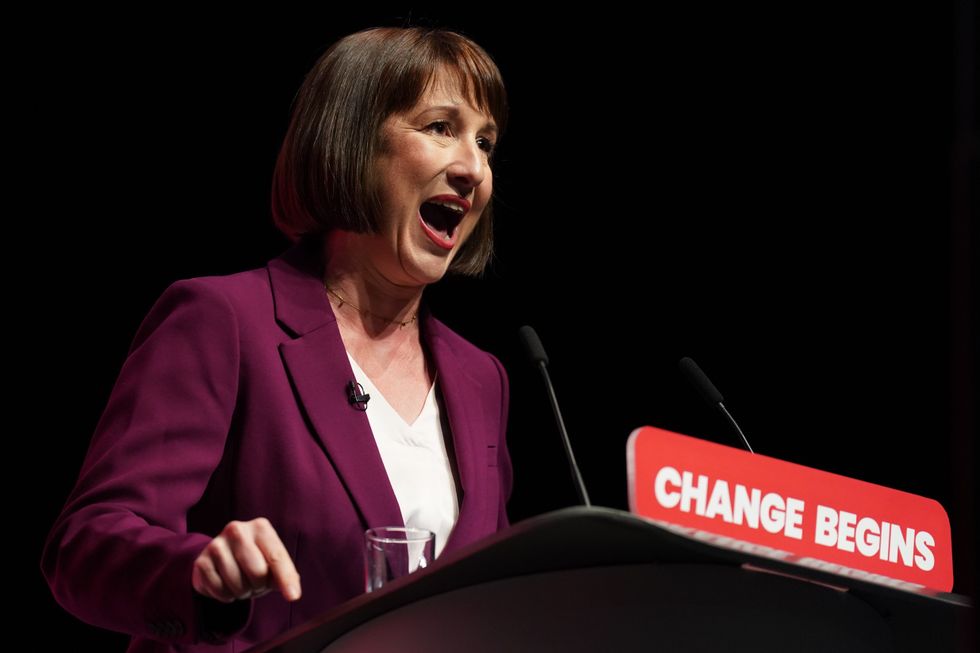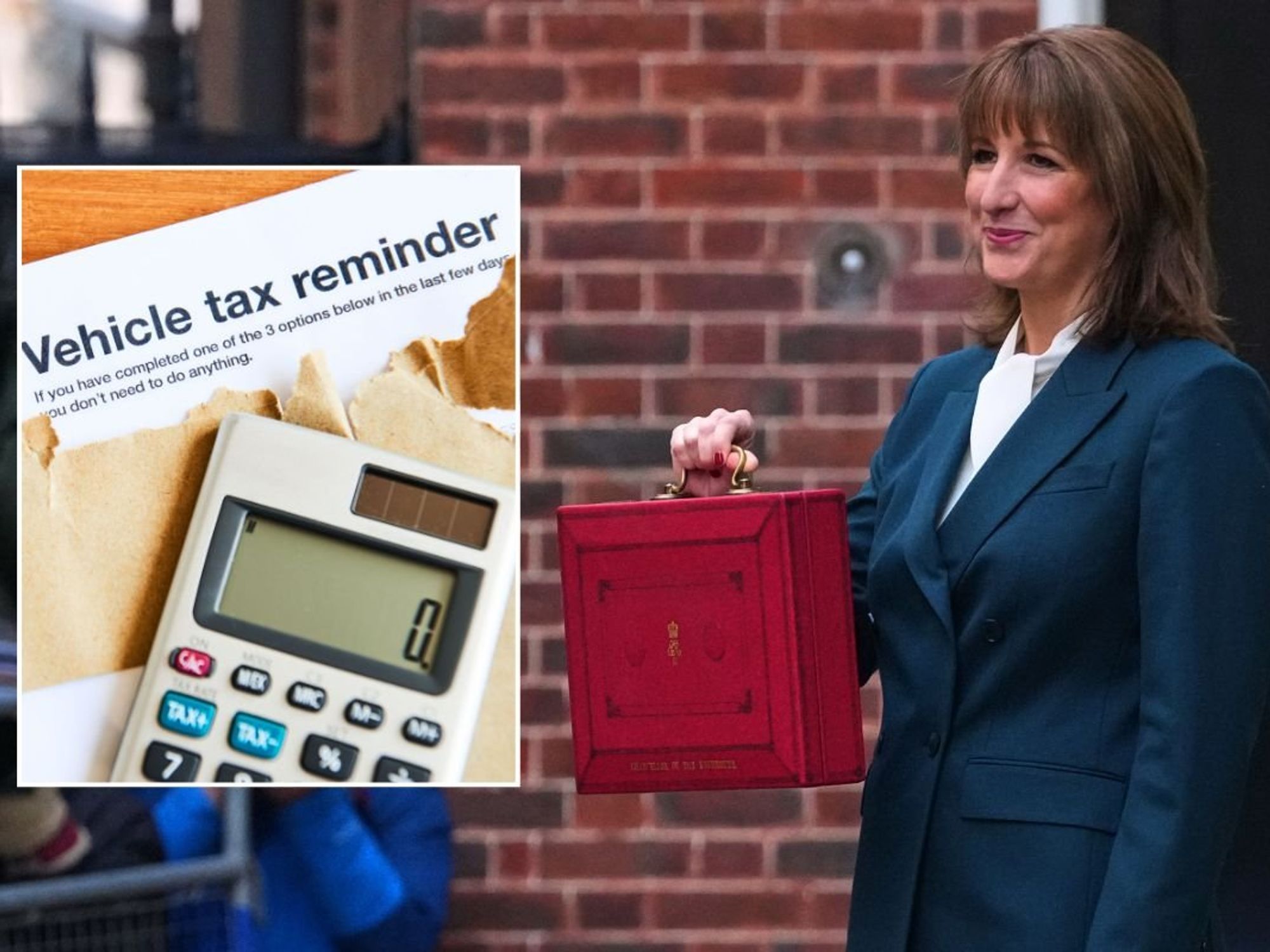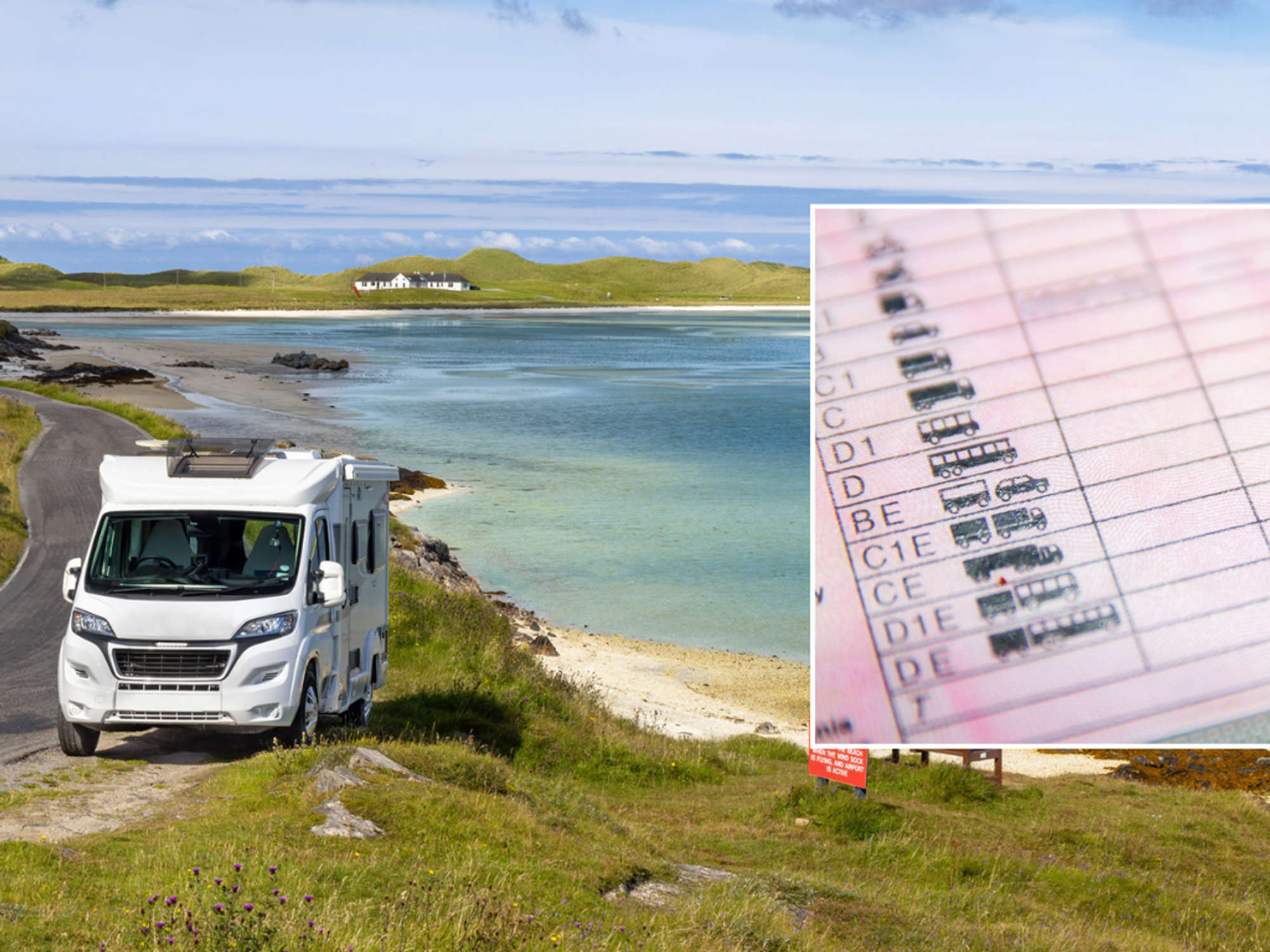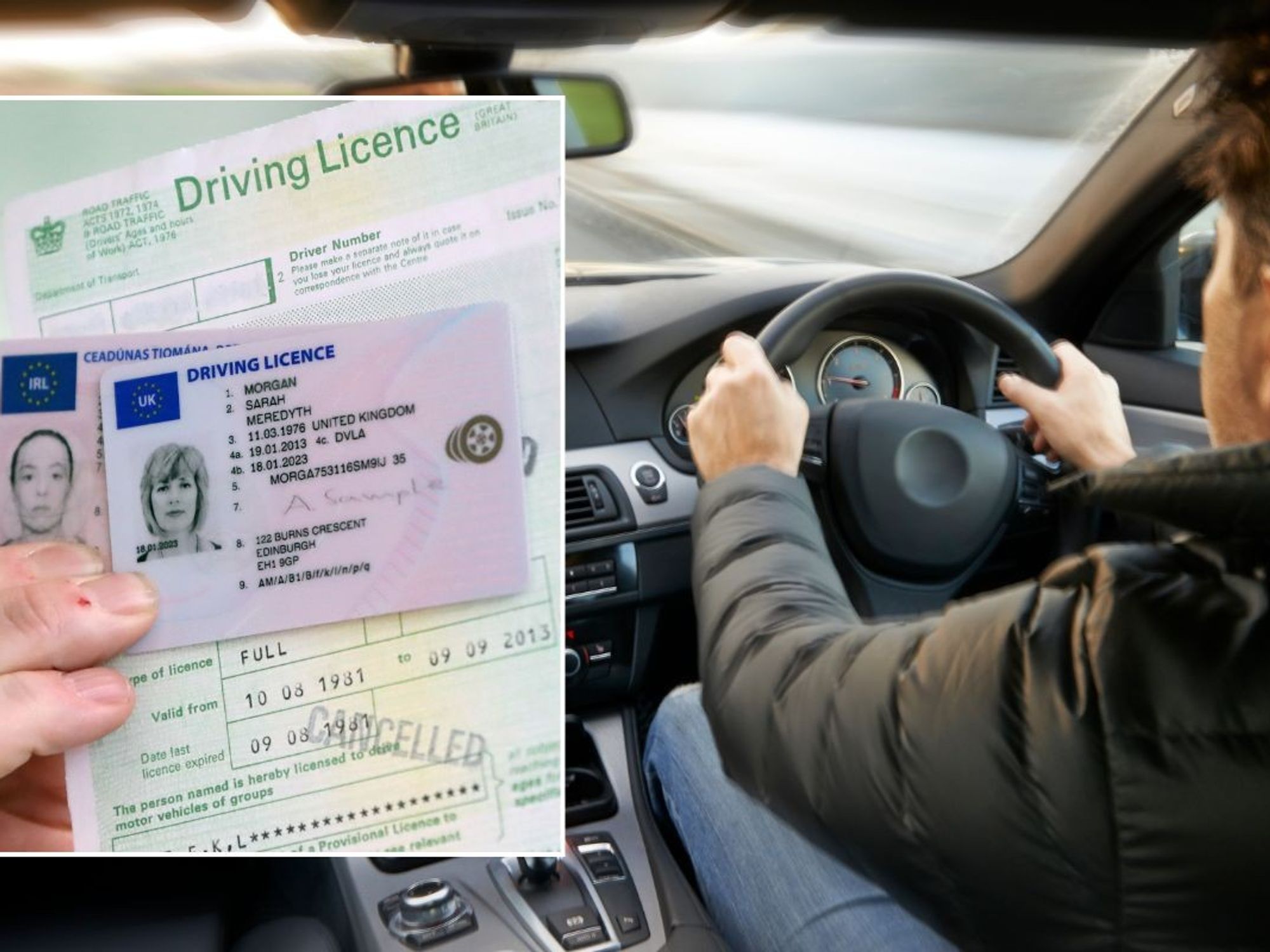State pension age could rise to 71 under proposal but hike may' increase poverty rate'

Questions over state pension affordability have resulted in a debate about raising the age threshold
Don't Miss
Most Read
Latest
Analysts are calling on the Government to consider raising the state pension age to 71 but a leading think tank has warned this could increase the "poverty rate" among over 60s.
Currently, the age threshold for receiving the retirement benefit from the Department for Work and Pensions (DWP) is 66 years old.
Two additional rises have been legislated by Parliament: from 66 to 67 between 2026 and 2028, and again from 67 to 68 between 2044 and 2046.
Earlier this year, research conducted by the International Longevity Centre floated boosting the state pension age to 70 or 71 by 2050.
This is in light of affordability concerns amid "widening demographic imbalances" that will hike benefits expenditure, according to the think tank.
However, the Institute of Fiscal Studies (IFS) has previously cited evidence that this could lead to a hike in poverty levels among those approaching retirement.
Do you have a money story you’d like to share? Get in touch by emailing money@gbnews.uk.

Chancellor Rachel Reeves may have to may difficult decisions regarding the state pension
| GB NewsThose concerns were outlined in the IFS' "Pensions: five key Decisions for the next Government" report ahead of the summer's General Election.
It stated: "While increasing the state pension age is a coherent response to public finance pressures arising from increased longevity at older ages, there are also concerns around those who struggle to work up to (a rising) state pension age.
"Previous IFS research shows that the increase in the state pension age from 65 to 66 increased the income poverty rate of 65-year-olds by 15 percentage points.
"Concerns about low living standards below state pension age have been raised by various groups."
Consecutive Governments have difficult decisions to make with analysis suggesting taxpayer spending on the state pension could double in the years to come.
Figures from the Office for Budget Responsibility (OBR) forecasts the price of the state pension as a percentage of gross domestic product (GDP) to rise from 4.8 per cent to 8.1 per cent by 2071.
This could potentially surpass the six per cent cap on benefits spending sometime in the late 2040s.
Other proposals suggested to bring down spending include reform to the triple lock but both main political parties have pledged to keep the policy in place for the foreseeable future.
LATEST DEVELOPMENTS
 State pension age will rise to 67 by 2028 then it will further increase to 68 | GETTY
State pension age will rise to 67 by 2028 then it will further increase to 68 | GETTYIn its pension report, the IFS called on policymakers to be proactive in addressing the questions over the state pension age.
The think tank explained: "If [the Government] chooses to accept the recommendation of a previous independent review to bring the increase forward to the late 2030s, then those directly affected should be notified in the next few years (in line with the current government’s sensible commitment to provide at least 10 years’ notice of any change).
"Increasing the state pension age is a coherent response to increases in longevity at older ages, and one that other countries are also adopting.
"But it affects poorer people more, as well as those who find it more difficult to remain in paid work at older ages."










